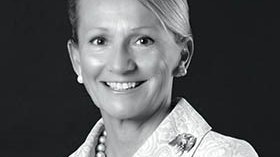Homepage
•
Learning Library
•
Blog
•
Deborah Taylor Tate has multiple roles in ICT, ed tech
Expand breadcrumbs
Expand breadcrumbs
- Learning Library
- Blog
- Deborah Taylor Tate has multiple roles in ICT, ed tech
- Homepage
- •
- Learning Library
- •
- Blog
- •
- Deborah Taylor Tate has multiple roles in ICT, ed tech
Deborah Taylor Tate has multiple roles in ICT, ed tech
By Julie Phillips Randles
January 1, 2015








